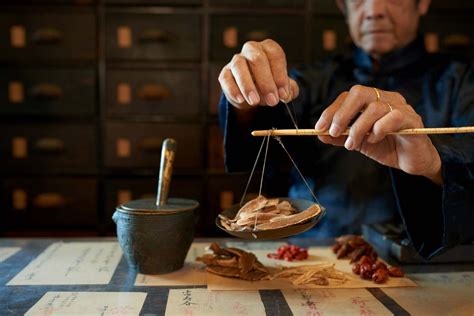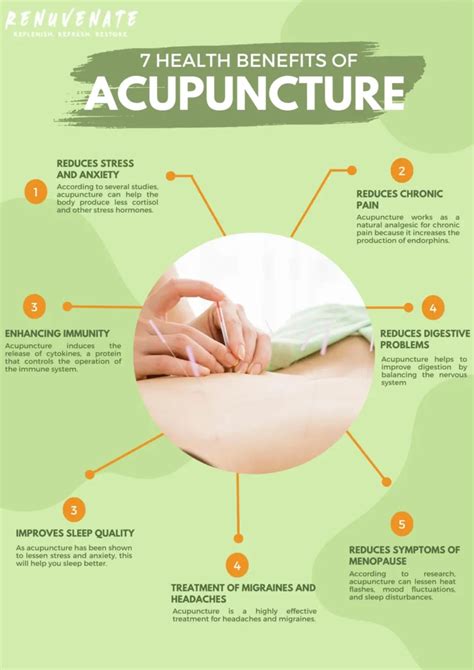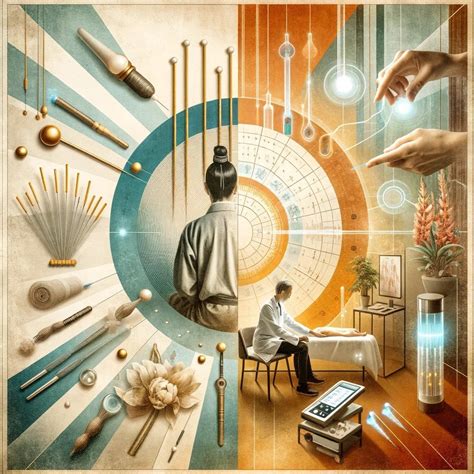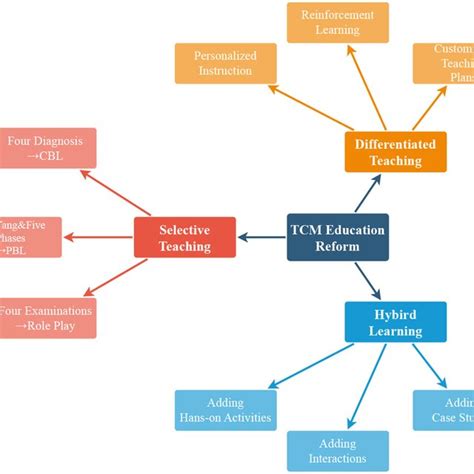Intro
Discover Traditional Chinese Medicine basics, including acupuncture, herbalism, and holistic healing principles, to understand the ancient practices approach to wellness, balance, and natural health remedies.
The practice of traditional Chinese medicine (TCM) has been around for thousands of years, with its roots dating back to ancient China. This holistic approach to health and wellness has been used to treat a wide range of ailments, from digestive issues to mental health concerns. Despite its long history, TCM remains a widely used and respected form of medicine today, with many people around the world seeking out its benefits. In this article, we will delve into the basics of TCM, exploring its principles, practices, and applications.
TCM is based on the concept of qi, or life energy, which is believed to flow through the body along specific pathways, or meridians. When the flow of qi is disrupted, it can lead to a range of health problems. TCM practitioners use a variety of techniques, including acupuncture, herbal medicine, and massage, to restore the balance of qi and promote overall health and wellness. One of the key principles of TCM is the concept of yin and yang, which refers to the interconnected and interdependent nature of all things. This principle is used to understand the balance of opposites in the body, such as hot and cold, or wet and dry.
The history of TCM is long and complex, with roots dating back to the Shang Dynasty (16th-11th centuries BC). Over time, TCM has evolved and developed, with new techniques and practices being added to the traditional repertoire. Despite its evolution, TCM remains a distinct and unique form of medicine, with its own set of principles and practices. Whether you are looking to treat a specific health condition or simply promote overall wellness, TCM has a lot to offer. With its holistic approach and emphasis on natural healing, TCM is an attractive option for those seeking a more balanced and sustainable approach to health.
Introduction to Traditional Chinese Medicine

Key Principles of Traditional Chinese Medicine
TCM is a holistic approach to health and wellness, taking into account the physical, emotional, and spiritual aspects of a person's being. TCM practitioners use a variety of techniques to diagnose and treat health problems, including: * Observation, which involves observing the patient's symptoms, tongue, and pulse * Listening, which involves listening to the patient's symptoms and medical history * Questioning, which involves asking the patient questions about their symptoms and medical history * Palpation, which involves feeling the patient's pulse and abdomenBenefits of Traditional Chinese Medicine

Common TCM Practices
Some of the most common TCM practices include: * Acupuncture, which involves the insertion of fine needles into specific points on the body to restore the balance of qi * Herbal medicine, which involves the use of plant-based remedies to treat a range of health problems * Massage, which involves the use of manual techniques to stimulate the flow of qi and promote relaxation * Qigong, which involves the practice of slow, flowing movements to cultivate and balance the flow of qi * Taiji, which involves the practice of slow, flowing movements to cultivate and balance the flow of qiTraditional Chinese Medicine and Modern Health

Future of Traditional Chinese Medicine
The future of TCM is bright, with more and more people seeking out its benefits. As the world becomes increasingly aware of the importance of holistic and sustainable approaches to health and wellness, TCM is likely to play an increasingly important role. Some of the ways that TCM is likely to evolve in the future include: * Increased integration with conventional Western medicine * Increased use of technology, such as telemedicine and online platforms, to make TCM more accessible * Increased focus on preventive medicine and holistic approaches to health and wellnessTraditional Chinese Medicine and Nutrition

Common TCM Foods
Some of the most common TCM foods include: * Ginseng, which is used to tonify the qi and promote vitality * Ginger, which is used to warm the stomach and promote digestion * Turmeric, which is used to reduce inflammation and promote healing * Green tea, which is used to cool the body and promote relaxationTraditional Chinese Medicine and Mental Health

Common TCM Mental Health Practices
Some of the most common TCM mental health practices include: * Meditation, which involves the practice of mindfulness and relaxation to calm the mind and promote mental clarity * Qigong, which involves the practice of slow, flowing movements to cultivate and balance the flow of qi * Taiji, which involves the practice of slow, flowing movements to cultivate and balance the flow of qi * Acupuncture, which involves the insertion of fine needles into specific points on the body to restore the balance of qi and promote mental healthConclusion and Final Thoughts

What is traditional Chinese medicine?
+Traditional Chinese medicine is a holistic approach to health and wellness that originated in ancient China. It is based on the concept of qi, or life energy, and involves the use of techniques such as acupuncture, herbal medicine, and massage to restore the balance of qi and promote overall health and wellness.
What are the benefits of traditional Chinese medicine?
+The benefits of traditional Chinese medicine include improved overall health and wellness, reduced stress and anxiety, improved sleep quality, increased energy and vitality, and relief from chronic pain and inflammation.
How does traditional Chinese medicine work?
+Traditional Chinese medicine works by restoring the balance of qi, or life energy, in the body. This is achieved through the use of techniques such as acupuncture, herbal medicine, and massage, which help to stimulate the flow of qi and promote overall health and wellness.
